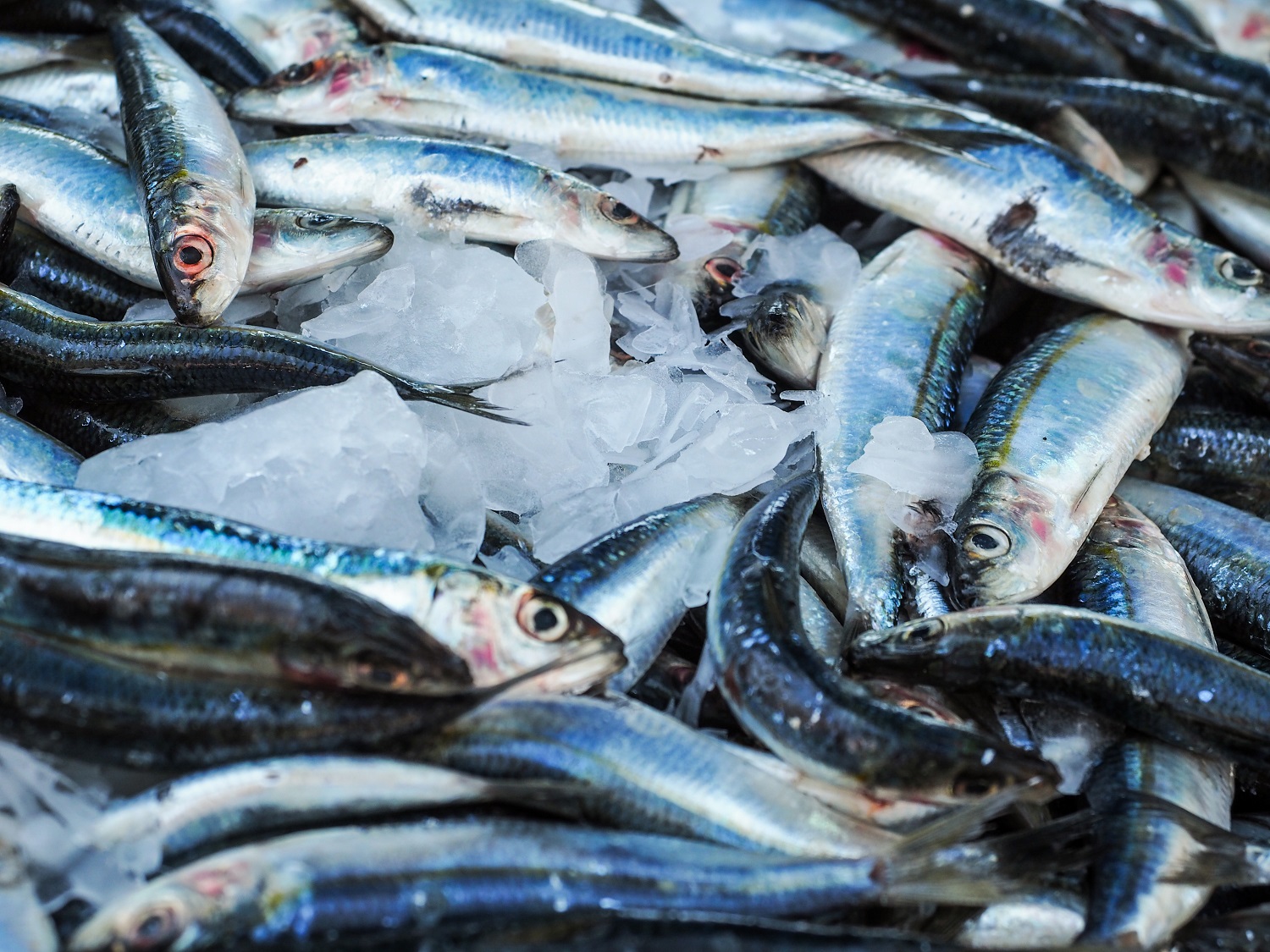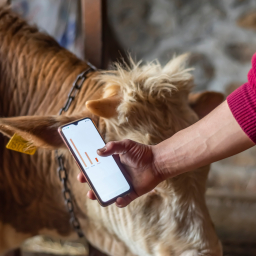NEW
From fishing waste to organic fertilisers: a solution for sustainable agriculture
11 November 2025
- The NEIKER technology centre has coordinated the European SEA2LAND initiative to transform fishing by-products into biofertilisers
- By recovering fishing waste, biological fertilisers have been obtained that can replace minerals and are more beneficial to soil health
- These new fertilisers reduce dependence on imported fertilisers, which is essential in situations of geostrategic instability, and move towards a more environmentally friendly agricultural sector
Every year, Europe depends on imports for more than half of the fertilisers it uses, largely from Russia and Morocco. This situation not only increases costs for the agricultural sector but also increases vulnerability to international tensions and keeps agricultural production tied to fossil and mineral resources whose extraction requires high energy consumption and generates a considerable environmental impact.
In order to respond to this situation, the NEIKER technology centre, an entity dependent on the Basque Government’s Department of Food, Rural Development, Agriculture and Fisheries, has coordinated the European SEA2LAND project, funded by the European Union’s Horizon 2020 programme.
The initiative aims to transform waste from the fishing and aquaculture industries – which amounts to 5.2 million tonnes per year in the European Union – into bio-based fertilisers (BBFs) that can partially or totally replace synthetic pesticides and contribute to more sustainable agriculture. These biofertilisers can replace mineral fertilisers, reducing dependence on imported inputs in situations of geostrategic instability.
‘This strategy not only takes advantage of the essential nutrients contained in these by-products, such as nitrogen, phosphorus, and potassium—phosphorus being the next critical element in agriculture and a key element in crop development—but also helps mitigate the environmental impact of poor phosphorus or potassium management. phosphorus and potassium—phosphorus being the next critical element in agriculture and a key element in crop development—but also helps mitigate the environmental impact of poor waste management and promote a circular economy model,’ says Dr Miriam Pinto, a researcher in NEIKER’s Department of Natural Resource Conservation. She adds that ‘right now, much of this waste is discarded, dumped into the sea or sent to landfill. With SEA2LAND, waste is not wasted and value is extracted from what apparently had none’.
Local waste recovery
In the Basque Country, NEIKER has focused its work on the recovery of brine from tuna canneries, a particularly complex waste product due to its high salinity. To transform it into biofertilisers, a bioremediation process using microalgae has been applied, which capture the nutrients present in the water and convert them into compounds that are useful for agriculture. The biofertilisers obtained within the framework of the SEA2LAND project are beneficial for soil health, as they stimulate its metabolic functions and increase microbial activity in the soil.
This line of research has been complemented by other technologies developed in different European regions, from simple, low-energy methods such as advanced composting or bokashi to more sophisticated processes such as enzymatic hydrolysis, which breaks down complex compounds to release nutrients, or microalgae production, which allows liquid biofertilisers to be generated from wastewater, fulfilling a dual objective: effluent recovery and the generation of new fertiliser.
Improving soil fertility
To evaluate the effectiveness of the products obtained, the technology centre has conducted field trials with crops such as broccoli at its facilities in Derio, analysing their influence on soil fertility and health. Dr Miriam Pinto states that ‘the results show that the biofertilisers obtained within the framework of the SEA2LAND project are beneficial for soil health, as they stimulate its metabolic functions by increasing microbial activity in the soil, thus promoting soil fertility and crop resilience’.
In addition, some of these new fertilisers based on by-products comply with European regulations, including suitability for organic farming, which guarantees their safety and viability for use in different agricultural systems. Based on these tests, it is estimated that, on a European scale, the adoption of these processes could enable the recovery of up to 1.8 million tonnes of nitrogen per year, reducing dependence on imported fertilisers and moving towards more sustainable agriculture.
The project also places special emphasis on knowledge transfer to the agricultural and fisheries sectors. To this end, technical conferences have been organised and detailed reports have been published with practical recommendations for the application of biofertilisers in the field, making it easier for the sector to incorporate these fertilisers safely and effectively into their crops.
SEA2LAND is made up of a consortium of 26 partners from 11 countries, including research centres such as AZTI, fishing companies such as Barna and farmers’ organisations.
Furthermore, the initiative is aligned with the Basque Country’s Circular Economy Strategy 2030, which seeks to increase the rate of use of circular materials and boost material productivity in the region, as well as with the objectives of the European Bioeconomy Strategy, reinforcing the sustainability and autonomy of the European agricultural sector.




